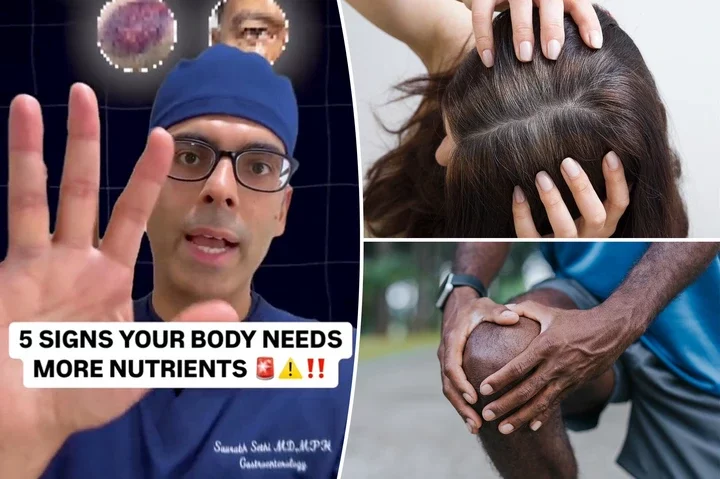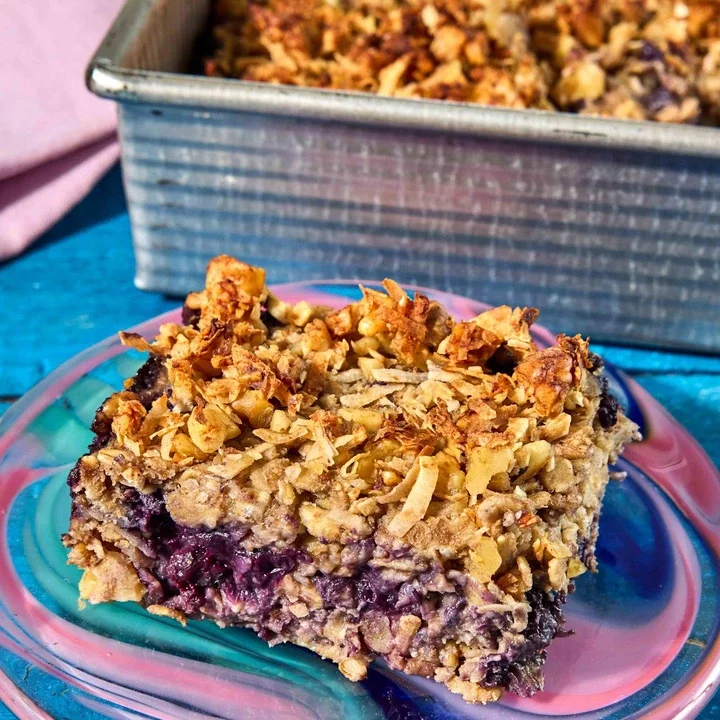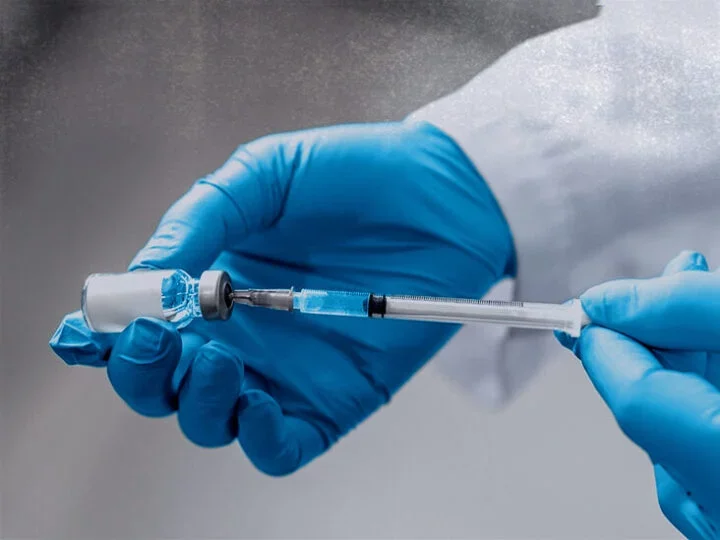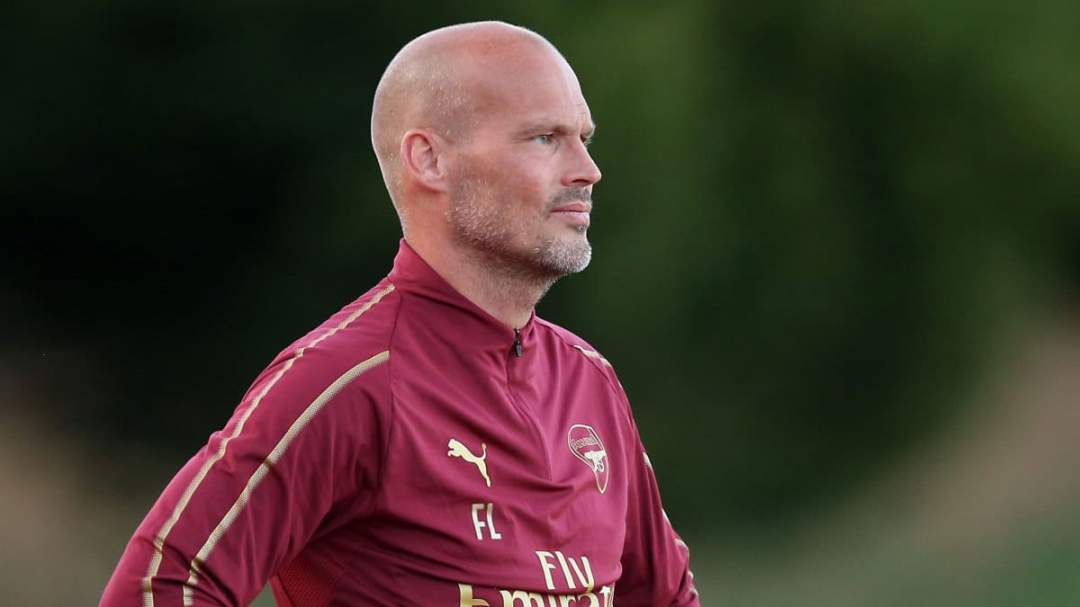![Brittle hair may be a sign of nutrient deficiency [Youtube] Brittle hair may be a sign of nutrient deficiency [Youtube]](https://static.netnaija.com/i/r9KYzm417q6.webp)
Our bodies are complex machines, and just like any machine, they require proper fuel to function optimally.
Nutrients like vitamins, minerals, and other essential elements are vital in keeping us energised, healthy, and feeling our best.
However, with our busy lives and ever-changing diets, it's easy to fall short on certain nutrients.
While some deficiencies have specific symptoms, others can manifest in subtle ways that might be overlooked.
Signs you might be nutrient deficient
Here are seven common signs that could indicate you're nutrient deficient:
1. Unexplained fatigue
Feeling constantly tired, even after a good night's sleep, could be a sign of iron deficiency. Iron is crucial for transporting oxygen throughout the body, and when levels are low, fatigue becomes a common complaint. Other potential culprits for unexplained tiredness include deficiencies in vitamin B12, magnesium, and folate.
2. Brittle hair and nails
Healthy hair and nails are a reflection of overall health. Brittle, easily broken hair and nails can sometimes indicate a lack of essential nutrients like biotin, protein, and iron.
3. Frequent infections
A weakened immune system is more susceptible to infections. Deficiencies in vitamins A, C, and D, as well as zinc, can all contribute to a lowered immune response.
4. Pale skin or unusual skin conditions
Pale skin, especially when accompanied by fatigue, could be a sign of anemia, often caused by iron deficiency. Other skin problems, like dry, cracked skin or rashes, can also be linked to deficiencies in vitamins A, B complex, and essential fatty acids.
5. Mouth problems
Canker sores, cracks at the corners of the mouth (angular cheilitis), or a swollen, inflamed tongue can sometimes be signs of deficiencies in B vitamins, iron, or zinc.
6. Difficulty concentrating or feeling foggy
Feeling forgetful, having trouble focusing, or experiencing brain fog can be symptoms of deficiencies in iron, vitamin B12, and omega-3 fatty acids.
7. Slow wound healing
If wounds seem to take a long time to heal, it could be a sign of a protein or zinc deficiency. These nutrients play a vital role in tissue repair.
It's important to note that these signs are not always indicative of a nutrient deficiency.
If you're experiencing any of these symptoms consistently, it's wise to consult a doctor or licensed dietitian. They can assess your individual needs and recommend appropriate dietary changes or supplements, if necessary.
By prioritising your nutrient intake, you can invest in your overall health, well-being and allow your body to thrive.

















Comments